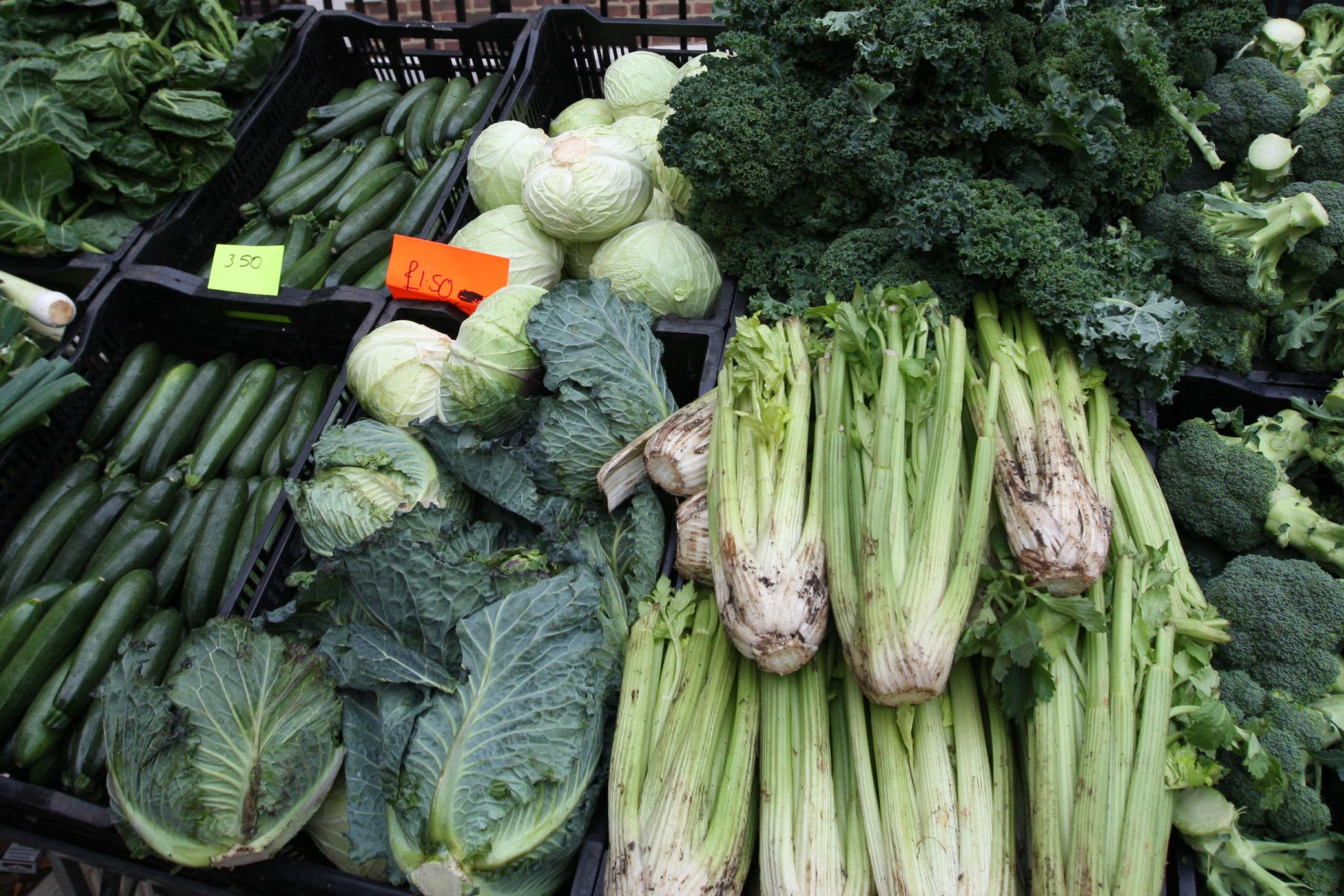Eating leafy greens ‘associated with fewer brain proteins linked to Alzheimer’s’
The study involved 581 people who followed the MIND and Mediterranean diets.

Your support helps us to tell the story
From reproductive rights to climate change to Big Tech, The Independent is on the ground when the story is developing. Whether it's investigating the financials of Elon Musk's pro-Trump PAC or producing our latest documentary, 'The A Word', which shines a light on the American women fighting for reproductive rights, we know how important it is to parse out the facts from the messaging.
At such a critical moment in US history, we need reporters on the ground. Your donation allows us to keep sending journalists to speak to both sides of the story.
The Independent is trusted by Americans across the entire political spectrum. And unlike many other quality news outlets, we choose not to lock Americans out of our reporting and analysis with paywalls. We believe quality journalism should be available to everyone, paid for by those who can afford it.
Your support makes all the difference.People who eat green leafy vegetables, fruit, whole grains, olive oil, beans, nuts and fish may have fewer proteins in their brains linked to Alzheimer’s disease than people not eating such food, a new study suggests.
Researchers looked at how closely people followed the MIND and Mediterranean diets.
Although similar, the Mediterranean diet recommends vegetables, fruit, and three or more servings of fish per week while the MIND diet prioritises green leafy vegetables like spinach, kale and collard greens along with other vegetables.
Our finding that eating more green leafy vegetables is in itself associated with fewer signs of Alzheimer’s disease in the brain is intriguing enough for people to consider adding more of these vegetables to their diet
The MIND diet also prioritises berries over other fruit and recommends one or more servings of fish per week.
Both of the diets recommend small amounts of wine.
According to the researchers, while the study shows an association of regularly consuming these diets with fewer Alzheimer’s plaques and tangles (build-up of proteins that clump together in the brain, and are signs of the disease), it does not establish a cause and effect relationship.
Study author Puja Agarwal, of RUSH University in Chicago, said: “These results are exciting. Improvement in people’s diets in just one area – such as eating more than six servings of green leafy vegetables per week, or not eating fried foods – was associated with fewer amyloid plaques in the brain similar to being about four years younger.”
She added: “Our finding that eating more green leafy vegetables is in itself associated with fewer signs of Alzheimer’s disease in the brain is intriguing enough for people to consider adding more of these vegetables to their diet.”
The study involved 581 people with an average age of 84 at the time of diet assessment, who agreed to donate their brains at death to advance research on dementia.
They completed annual questionnaires asking how much of various foods they ate.
Those involved in the research died an average of seven years after the start of the study.
Right before death, 39% had been diagnosed with dementia. When examined after death, 66% met the criteria for Alzheimer’s disease.
During a post-mortem examination, researchers examined their brains to determine the amounts of amyloid plaques and tau tangles.
Both are found in the brains of people with Alzheimer’s disease but may also be found in the brains of older people with normal cognition.
Researchers then looked back at the food questionnaires which were collected and ranked the quality of diet for each person.
For the Mediterranean diet, there were 11 food categories.
People were given a score of zero to 55, with higher scores if they adhered to the diet in these categories: whole grain cereals, fruit, vegetables, legumes, olive oil, fish and potatoes.
Eating red meat, poultry and full-fat dairy products resulted in a lower score.
For the MIND diet, there were 15 categories.
People were given a score of zero to 15, with one point each for 10 brain-healthy food groups including green leafy vegetables, other vegetables, nuts, berries, beans, whole grains, fish, poultry, olive oil and wine.
The researchers found that people who scored highest for the Mediterranean diet had average plaque and tangle amounts in their brains similar to being 18 years younger than people who scored lowest.
Published in Neurology, it also found that people who scored highest for adhering to the MIND diet had average plaque and tangle amounts similar to being 12 years younger than those who scored lowest.
A MIND diet score one point higher corresponded to typical plaque amounts of participants who were 4.25 years younger in age, the study suggests.
People who had eaten the most green leafy vegetables, or seven or more servings per week, had plaque amounts in their brains corresponding to being almost 19 years younger than people who ate the fewest, with one or fewer servings per week.
Dr Agarwal added: “Future studies are needed to establish our findings further.”